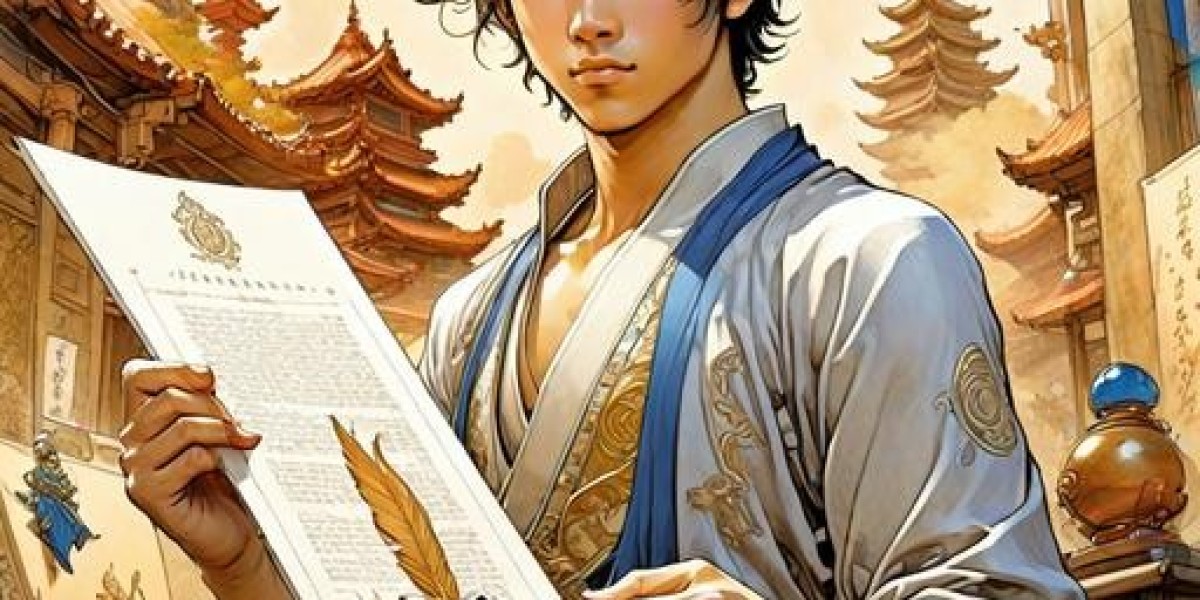Introduction:
In April 1966, China witnessed the emergence of a significant event that would shape the country's history for years to come - the beginning of the Cultural Revolution. Initiated by Chairman Mao Zedong, this movement aimed to reassert Communist ideology and eliminate opposition within the Chinese Communist Party (CCP). The Cultural Revolution had a profound impact on all aspects of Chinese society, prompting widespread social upheaval, political purges, and a radical shift in the educational system. Let us delve into the details of this pivotal event.
Description:
The Cultural Revolution, which officially started in April 1966, was a socio-political movement pushed forward by Mao Zedong and his supporters, known as the Red Guards. Its main objective was to remove capitalist remnants within the Chinese society and promote Maoist thought as the supreme ideology. This revolution was fueled by a deep-rooted desire to revive the revolutionary spirit of Mao's earlier years and strengthen his grip on power within the CCP.
The movement gained significant momentum across the country as millions of Chinese citizens, predominantly students and young intellectuals, enthusiastically embraced the ideology of Maoism. These fervent Red Guards formed their own paramilitary organizations and acted as Mao's enforcers, targeting those viewed as class enemies or counter-revolutionaries. These individuals were often intellectuals, artists, and teachers whom the Red Guards believed were clinging to old bourgeois values.
The impact of the Cultural Revolution was far-reaching and often violent. Schools and universities were shut down as the Red Guards accused teachers and educational institutions of perpetuating capitalist ideals. Instead, they sought to replace traditional forms of education with Maoist teachings and propaganda, emphasizing the importance of class struggle and devotion to Mao's leadership. This led to a significant disruption in the educational system, derailing the academic progress of an entire generation.
In addition to the intellectual purge, the Cultural Revolution sparked a wave of chaos, brutality, and internal divisions within Chinese society. Public displays of humiliation, such as denunciations and struggle sessions, became prevalent as people turned on each other, often encouraged and supported by Mao's ideology of continued revolution. Party leaders and officials who were once considered loyal to Mao found themselves subject to criticism and persecution, further intensifying the atmosphere of fear and mistrust.
The Cultural Revolution lasted for ten years, having a profound and lasting impact on China's political landscape, social fabric, and cultural heritage. It left behind a scarred nation, as well as a generation of individuals who struggled to reconcile their actions during this tumultuous period with the values and ideals they once held dear.
Despite Mao's original intentions to solidify his position and rejuvenate the revolutionary spirit, the Cultural Revolution created significant instability, economic setbacks, and mass social upheaval. It is a stark reminder of the complexity and consequences that can arise from attempts to reshape a nation's ideology and identity.








